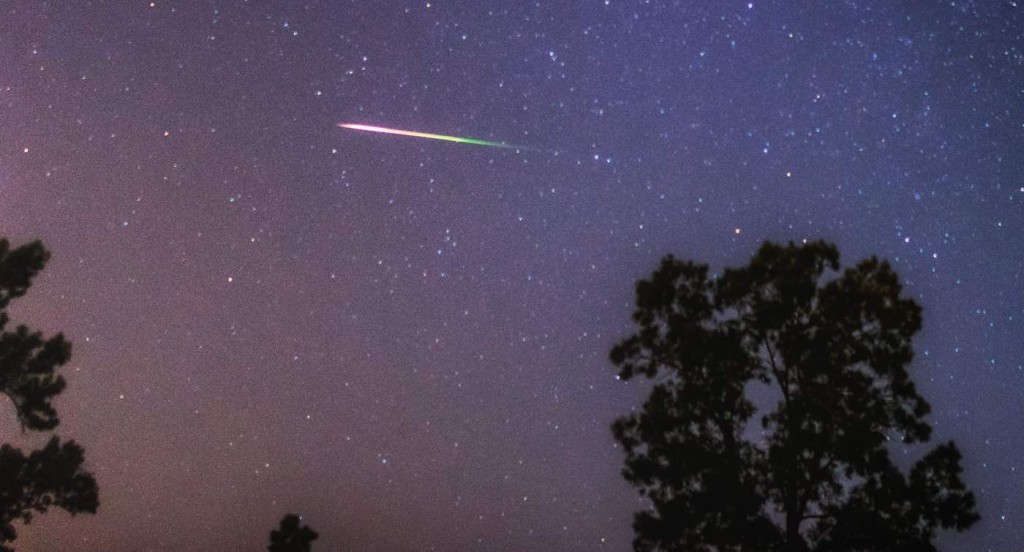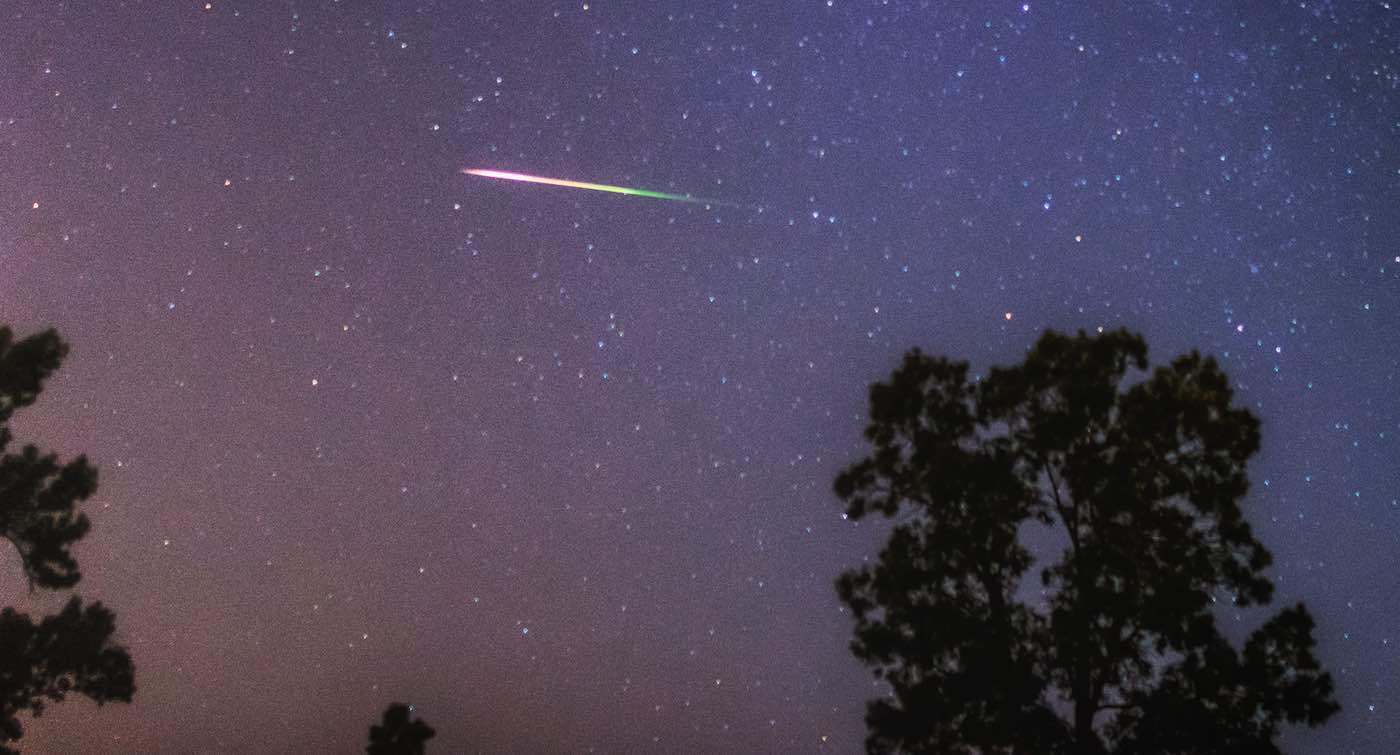begin quote from:
https://www.goodnewsnetwork.org/august-stargazing-2023-double-supermoons-and-the-most-popular-meteor-shower-of-the-year/

On the night of Tuesday, August 1st, a supermoon will rise over the Earth, with 99% illumination occurring during the night.
A supermoon is when the moon reaches peak illumination at a time that coincides with its closest approach to the Earth in its orbit, arriving at just over 220,000 miles from the surface of our planet. This is called its perigee, as opposed to apogee.
Called the “Sturgeon” Moon, after the prolific fish species of North America, other Native American tribes use names related to grains, such as corn, rice, or harvest moon. It will be the first of two full moons in August, with the second appearing on the 30th, called the Blue Moon.
The Blue Moon will be the biggest full moon of the year, while the Sturgeon Moon will be the second-biggest.
Out of the northeastern sky on August 13th come the Perseid Meteor Shower. At nearly 150 fifty meteors a night thanks to the Earth passing through a stream of debris left by the comet 109P/Swift-Tuttle, the Perseids are the most popular in the world, thanks to their great position of observation in the Northern Hemisphere, and the warm summer weather.
August 13th will be a near-moonless night, meaning much less native light pollution for spotting shooting stars.
Lastly in August, there are three great chances to see Saturn with the aid of binoculars or a telescope. The first comes on August 3rd during the pre-dawn hours when it comes to within 2°15′ of the moon.
At this time it will be visible with the naked eye, but with binos you can see its rings. This almost exact occurrence will come about again on August 30th.
Then on August 27th, Saturn will be in opposition to the sun from the perspective of the Earth, meaning it will be exceptionally lit up. The Moon will be bright, so using a moon chart will help one with a pair of binoculars or a telescope find and enjoy its rings in the blackness.

No comments:
Post a Comment